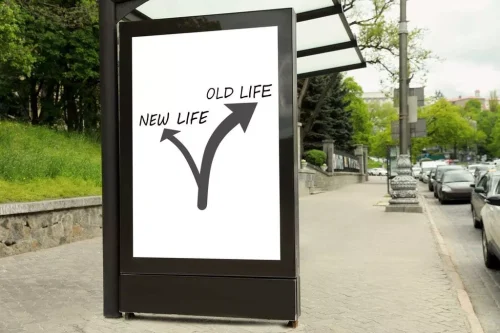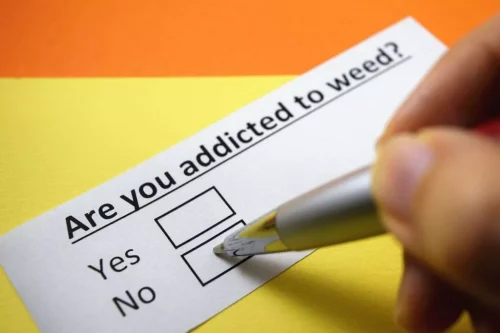Taking anti-allergy medicine after consuming alcohol is generally not recommended. Alcohol can enhance the sedative effects of many antihistamines, leading to increased drowsiness or dizziness. Always consult with signs you re allergic to alcohol a healthcare professional before mixing medication with alcohol to avoid potential harmful interactions. Alcohol can intensify the symptoms of an allergic reaction, making it harder to manage the condition.
- It’s possible to be allergic to alcohol, but it’s not very common.
- Steroids and antihistamines may be given, but these are not helpful in the initial management of anaphylaxis, and should not take the place of epinephrine.
- “This is known as food-dependant cofactor induced anaphylaxis,” Dr Watts says.
- Depending on your symptoms, they might refer you to an allergist for testing and treatment.
- In addition to these standard allergy tests, doctors may use a food challenge test.
Why alcohol allergies and intolerances can develop later in life
Sudden onset of symptoms may also be caused by a newly developed intolerance. In rare cases, pain after drinking alcohol might be a sign that you have Hodgkin’s lymphoma. This can occur at any age and is often due to your body developing an intolerance or hypersensitivity to ingredients within alcohol, such as grains, yeast, or sulfites.
- Certain factors may increase your chances of experiencing alcohol use disorder.
- The tannins in red wine can be the cause of sneezing for some people.
How do healthcare professionals diagnose anaphylaxis?
- With an alcohol allergy, a person’s immune system overreacts to alcohol.
- When severe dehydration hits, you may stop sweating and making urine and tears.
- An alcohol allergy is when your body reacts to alcohol as if it’s a harmful intruder and makes antibodies that try to fight it off.
- However, some people with Hodgkin lymphoma experience pain in their lymph nodes after consuming alcohol.
- Sudden onset of symptoms may also be caused by a newly developed intolerance.
But, if it happens after drinking, without any other weird lifestyle or dietary changes, there’s a high probability that the symptoms are linked to those wine spritzers. Alcohol allergies can cause your throat to feel tight, as if it’s closing up a bit. You can experience wheezing, shortness of breath, and coughing fits because of this, says Dr. Glatter. What’s more, research shows that some people have a gene variant (ALDH2) that prevents the body from producing aldehyde dehydrogenase, an enzyme that helps break down alcohol. So if your heart races and your body temperature skyrockets after drinking, your liver may not be able to manage the concentration of alcohol in your body effectively.
Seek Swift Medical Attention

An allergen is a substance that is foreign to the body and can cause an allergic reaction in certain people. If you’ve ever experienced anaphylaxis after drinking beer, it’s important that you determine which ingredient caused it so you can avoid it all together. Ask your doctor if you should carry a prescription epinephrine pen. If you have symptoms of an allergy after drinking beer, you should see your doctor.
If You’re Thirsty, You’re Already Dehydrated

Fevers may be your infant’s only response to a serious illness. Especially in newborns, a low temperature can also be a sign of serious illness. Call a healthcare provider if your baby has any fever or if their temperature drops below 97.7 F (36.5 C) rectally. These are not the only conditions that increase the risk of severe COVID-19. Talk to your healthcare professional if you have questions about your health and risk for getting a serious COVID-19 illness. People who have experienced anaphylaxis of any cause should be educated about their trigger(s) and the signs and symptoms of anaphylaxis.
Risk factors to consider
What tests will be done to diagnose distributive shock?

